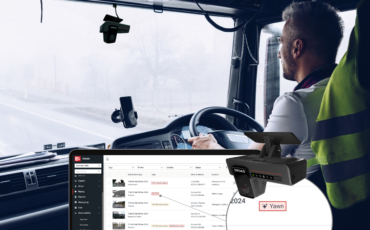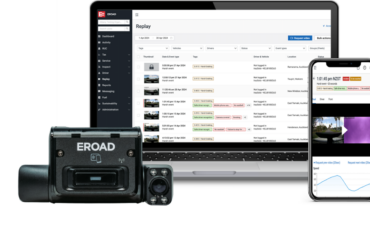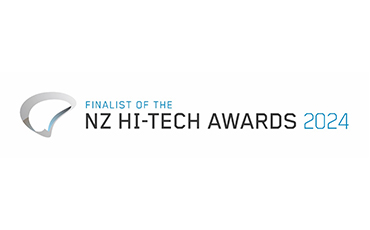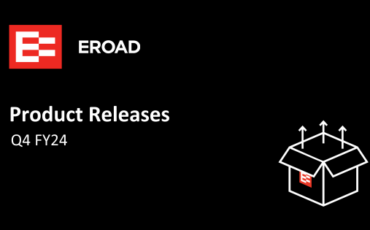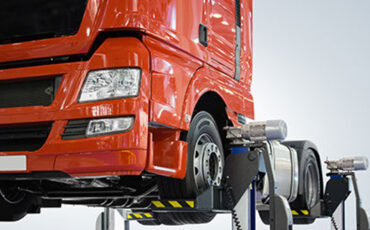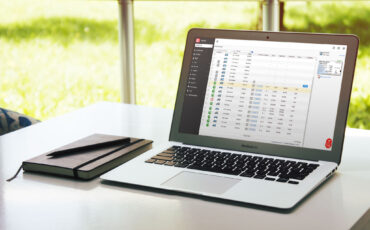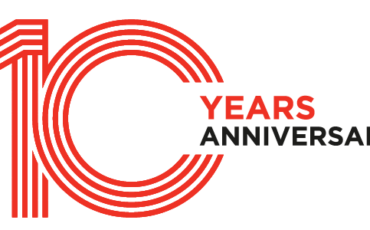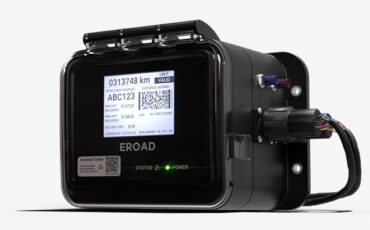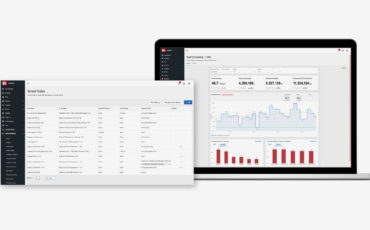EROAD Collaborates with EECA to Launch Free Emissions Calculator for New Zealand Fleets
EROAD Collaborates with EECA to Launch Free Emissions Calculator for New Zealand Fleets
EROAD’s latest Sustainability Survey shows business fleets are still lagging on emission reduction and that access to better data through tools like this will help.
Auckland, 28 September 2023: EROAD, in collaboration with EECA (the Energy Efficiency & Conservation Authority), is proud to introduce its web-based vehicle emissions calculator tailored for New Zealand fleets. With a shared commitment to a more sustainable future, this partnership aims to empower businesses in their essential journey towards decarbonisation and environmental responsibility.
Transportation currently contributes to a significant 17% of New Zealand’s greenhouse gas emissions, making it a pivotal sector to address in the fight against climate change. With the New Zealand government setting ambitious targets of achieving Net Zero Emissions by 2050 and a substantial 50% reduction by 2030, the need for innovative solutions to curb emissions is more pressing than ever.
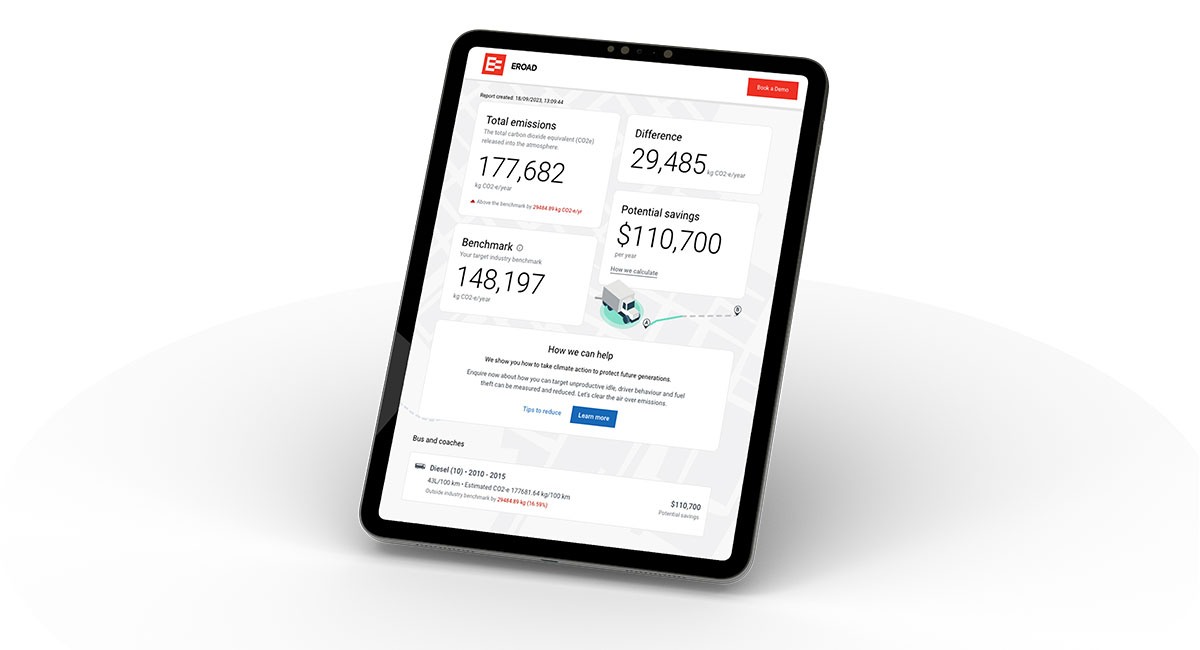
EROAD’s Chief Executive Officer, Mark Heine, emphasised the significance of this initiative, stating, “The EROAD Emissions Calculator will play an indispensable role in helping New Zealand fleets embark on their decarbonisation journey. By providing the tools for measurement and planning, we aim to encourage and enable the reduction of emissions across the transport sector.”
In 2022, EROAD secured co-funding from EECA’s Low Emissions Transport Fund (LETF) to develop an advanced heavy vehicle decarbonisation and recommendation tool. Following an intensive year of development and comprehensive testing, this innovative tool is now available for businesses to adopt.
Camilla Cochrane, EECA’s Transport Manager, said, “The transport sector has a key role to play in meeting New Zealand’s emissions reduction targets. While vehicles over 3.5 tonnes make up 4% of the national fleet, their footprint is outsized – making up 27% of our transport emissions. We need to use all the levers at our disposal to accelerate uptake of low- and zero-emissions vehicles, and we’ve been working with the sector for years, offering support through the Low Emissions Transport Fund and, soon, some new funding options.”
Heine stated, “For New Zealand to realise its net zero targets, all fleets must formulate comprehensive emissions reduction strategies, and that needs accurate measurement and understanding of their current emissions footprint,”. “As the business landscape evolves, sustainability has emerged as a pivotal factor for success. Just as companies balance customer service, costs, and growth, they must now factor in their environmental impact.”
EROAD’s third annual sustainability survey, which gathered insights from over 1200 business decision-makers, revealed a concerning disparity between large and small fleets. Notably, 66% of large fleets have implemented emissions reduction plans and are actively monitoring their emissions. However, smaller businesses with fewer than 300 vehicles lag behind, with 62% lacking net-zero strategies and a staggering 78% not measuring their carbon emissions, making meeting the Net Zero targets incredibly challenging.
Craig Marris, EROAD’s Chief Sustainability Officer, highlighted the survey’s findings, “The results from our Sustainability Survey underscore the divergence between large and small fleets in terms of preparedness and shows that more urgent support and awareness of the available tools is needed. Access to data remains a key barrier for many smaller fleets to initiate their journey towards net zero emissions.”
He further explained, “The newly launched emissions calculator serves as a foundational step, addressing this data gap and bringing awareness to the scale of their carbon footprint and opportunities for reduction. By embracing measurement and planning today, businesses enhance their prospects of meeting the legislated net-zero targets for 2030 and 2050.”
EROAD and EECA jointly funded the tool’s development and are delighted to offer it free of charge to all New Zealand fleets. Marris underscored the tool’s significance, “This marks a monumental advancement for fleets grappling with the cost-benefit analysis of vehicle upgrades or replacements. Until now, a lack of access to data has hindered many businesses from fully understanding the impact of their fleet operations on their bottom line, as well as the potential transformations achievable through sustainable and efficient choices.”
Camilla Cochrane said, “Organisations are not going to make the move away from fossil-fuelled vehicles without building the business case first, and this tool will play a key role here, allowing fleet managers and decision makers a clear view of the emissions and cost savings to be had by switching.”
Powered by EROAD’s cutting-edge AI technology and informed by data from its vast database of over 100,000 connected vehicles and assets, the EROAD Emissions Calculator provides users with an overview of their fleet’s emissions profile. Additionally, it offers suggestions for emissions reduction, alongside potential savings.
Marris emphasised the role of technology in driving change, “Leveraging EROAD’s robust database and recent advances in artificial intelligence, this initiative demonstrates technology’s pivotal role in transforming the transport sector. It empowers fleet businesses to make decisions that not only deliver financial benefits but also contribute to New Zealand’s sustainable, net-zero future.”
The EROAD Emissions Calculator represents a pivotal starting point for businesses on their sustainability journey. Making the web-based calculator free to access, EROAD aims to remove one of the main barriers to getting started on that journey – cost. It is available to any business with, or without existing GPS vehicle tracking systems and those utilising telematics services from other providers. EROAD has also this week launched a comprehensive Sustainability Module for existing customers through its fleet management portal, MyEROAD. The module is free for the next 12 months and customers can benefit from an array of data, insights, predictions and recommendations based on their connected fleet data.
EROAD recognises that emissions measurement and management is uncharted territory for many New Zealand businesses but is increasingly common in other markets. Its AI-driven benchmarking facilitates contextual understanding of emissions profiles compared to industry peers, aiding businesses in defining their path towards decarbonisation. “Feedback gathered during the testing phase underscores the tool’s significance,” noted Marris. “Starting the decarbonisation journey can be daunting; EROAD’s AI-powered benchmarking promptly contextualises total emissions and emissions intensity, serving as invaluable guidance, underpinned by data from thousands of fleets in EROAD’s database.”
Heine summarised, “At EROAD, we believe that you can’t plan where you’re going tomorrow, if you don’t know where you are today. The businesses we serve are at the heart of their local economies. They don’t just need data, they need intelligence. Through our technology solutions, we’re empowering them to make more informed decisions which moves us all forward, toward a safer, more sustainable future.”
Looking ahead, EROAD plans to introduce its suite of sustainability solutions to its North American and Australian customer bases in 2024, further expanding the scope of sustainable fleet management on a global scale.

